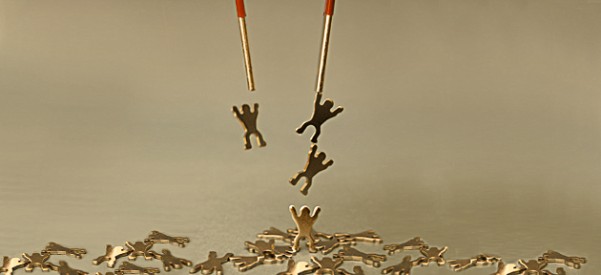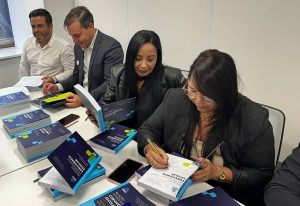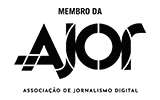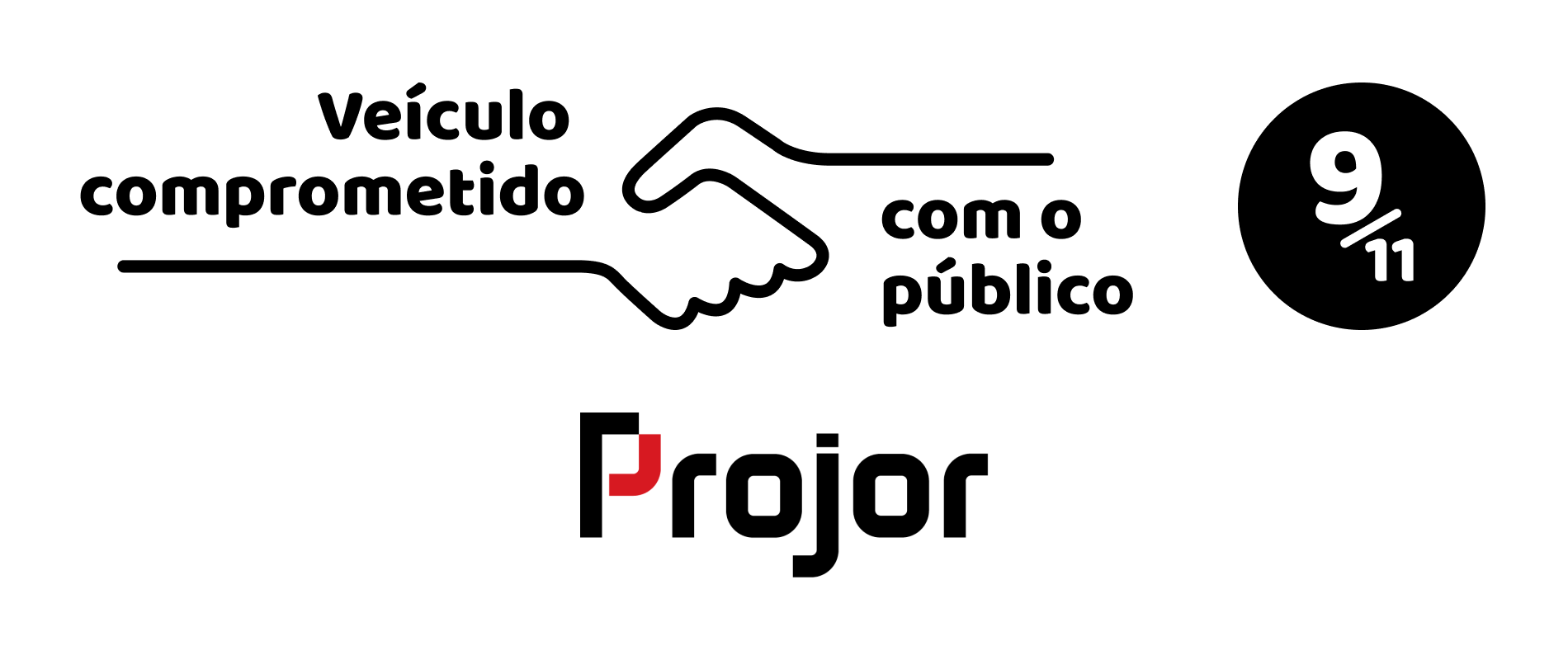Your child and Bill Gates’ in the same classroom
por Redação  16 de janeiro de 2013
16 de janeiro de 2013
 One of the aspects people at Khan Academy like to emphasize on why they have been influencing education worldwide orbits around one simple little word: access. Yes, access to math, physics, history, chemistry classes or a growing span of other subjects; access to exercises and their answers; and access to a community of people with interests in common. “We believe that everyone should have the right to have access [there is the word] to a free global classroom”, they say, repeatedly, in the webpage. This means both taking math classes to rural areas in underdeveloped countries where there are no teachers, and also allowing you and a billionaire to be part of the same virtual classroom. “Bill Gate’s son can have the same calculus class as any Brazilian”, said Salman Khan last week.
One of the aspects people at Khan Academy like to emphasize on why they have been influencing education worldwide orbits around one simple little word: access. Yes, access to math, physics, history, chemistry classes or a growing span of other subjects; access to exercises and their answers; and access to a community of people with interests in common. “We believe that everyone should have the right to have access [there is the word] to a free global classroom”, they say, repeatedly, in the webpage. This means both taking math classes to rural areas in underdeveloped countries where there are no teachers, and also allowing you and a billionaire to be part of the same virtual classroom. “Bill Gate’s son can have the same calculus class as any Brazilian”, said Salman Khan last week.
The numbers, all of them superlative, show that Khan has, indeed, started to build one global classroom. Since videos started to be uploaded on Youtube, in 2006, the classes – mostly recorded by Khan himself – have been watched by over 200 million times. Only in December, there were 4.6 million single visitors. More than 2 million exercises are done daily. The videos reach from 10 to 20 minutes and are recorded in English. “Technology can now transform education, making it more accessible and individualized. We are trying to develop the tools and sources of information that every student deserves”, said the team in last month’s balance.
To achieve these numbers, Khan Academy stimulates people to translate classes, which has already been done in 16 languages, including Greek, Mandarin, Farsi (spoken in Iran) and Suaíli (in African countries). A special call on the website invokes volunteers to translate the classes, amongst other languages, into gujarati (one of the official Inidian languages), Hebrew, Hungarian and Italian. “The initial goal is to translate the main videos of Khan Academy into the ten most spoken languages by users [amongst which, Portuguese]. First, we are working on making the content available; in the long term, we also expect to translate the exercises and the control panel”, they stated.
If Khan Academy is doing what it can so that the linguistic barrier does not prevent the global classroom advance that they so fiercely defend, another aspect could be a problem: the access to the internet, which reaches only 35% of world population. It could be. In the end of last year, one of Khan Academy’s interns created, on his own, the Khan Lite, and offline software that allows the videos to be seen in a no-web connection environment. The model is in the test phase, but there is already the perspective that, besides reaching unconnected populations of the world, with little technological infrastructure, it can be used in prisons and other places where internet is not allowed for security reasons.
With such a reach potential, Khan’s classes have lighted up the interest of numerous investors, who propose that the website turns into a profit-making company. But that is not what Salman Khan wants. “Everything at Khan Academy is completely for free and the plan is to remain like that”, says the team on their webpage. Also through the platform, Khan explains his decision of keeping it a non-profit initiative: “When I turn 80 years old, I want to feel that I have helped billions of students around the world to have access to a global classroom. It sounds much better than starting up a business that educates part of the developed world that can pay US$19,95 a month and eventually sell this to some publisher. I already have a beautiful wife, a hilarious son, two Hondas and a decent house. What else can a man want?” asks Khan Academy’s founder.
He has been this Wednesday (16) in Brasília, and, in the morning, took part in a lecture on online education, in the Ministry of Education. In the occasion, the educator advocated a restructuration of education. Minister Aloisio Mercadante, on his side, announced the creation, in the year’s first semester, of a free university, in which professors of federal high education will be able to share courses, seminars and lectures. Khan has also met Dilma Rousseff, who invited him to participate on the creation of a pedagogical material for the National Pact for Literacy at the Right Age. On this Thursday (17), Khan takes part of a closed meeting in São Paulo, promoted by Lemann Foundation and broadcasted via hangout. Porvir follows up everything closely.
Translated by Renato Nunes Dias











